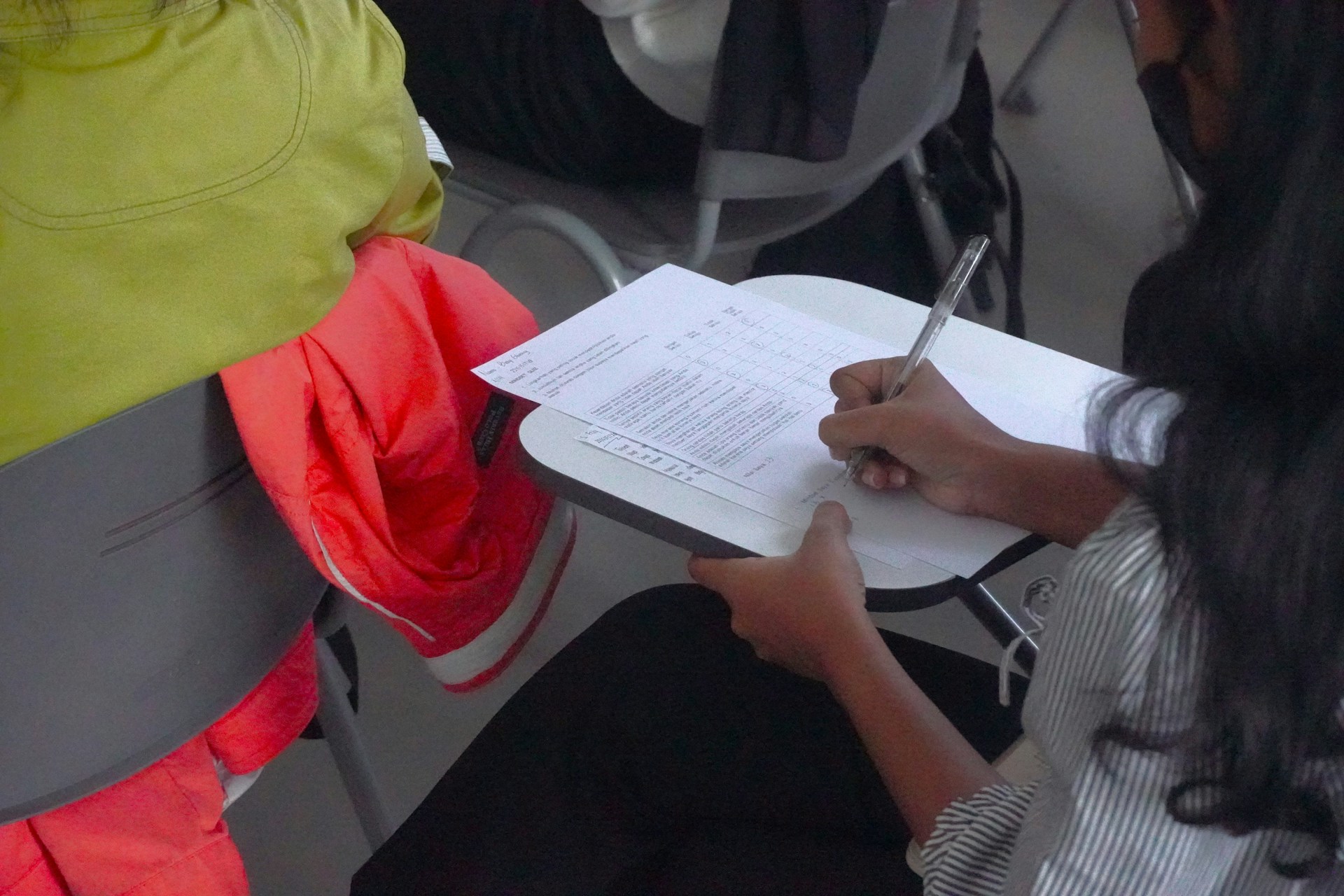Project Summary:
This ongoing research project investigates how various forms of capital—financial literacy, digital literacy, human capital, and social capital—shape the economic behavior and quality of life of rural households in Uzbekistan. In a context where rural development remains a national priority, this study offers empirical evidence to inform inclusive and sustainable policy interventions.
Research Focus:
The survey explores the multidimensional factors that influence well-being and economic choices in rural communities. It aims to uncover how capabilities such as digital skills, financial knowledge, social networks, and education contribute to household welfare, resilience, and opportunities in a rapidly evolving socio-economic environment.
Methodology:
The project is structured as a three-wave panel survey, with Wave 1 conducted in the Ferghana region, covering 800 rural households between July and September 2025. Data collection employs a mixed-methods approach, combining face-to-face interviews with online questionnaires to ensure coverage, inclusivity, and depth.
The questionnaire includes modules on:
- Demographics and household structure
- Financial literacy and fintech usage
- Financial behavior and savings patterns
- Digital literacy and internet access
- Social capital, trust, and time use
- Quality of life indicators and subjective well-being
- Health status and healthcare access
The survey design and methodology are grounded in internationally validated instruments and peer-reviewed research, ensuring data quality, cross-national comparability, and academic rigor.
Why It Matters:
By examining the interactions between human and social capital dimensions and rural well-being, this project provides crucial insights for policymakers, development agencies, and civil society. The findings will help design better-targeted programs to reduce poverty, close digital and financial divides, and improve quality of life in rural Uzbekistan and similar settings across Central Asia.
Partners:
Led by the Lab for Social and Human Capital Studies, the survey engages with local enumerators and regional authorities, and draws upon global survey frameworks and academic expertise.



